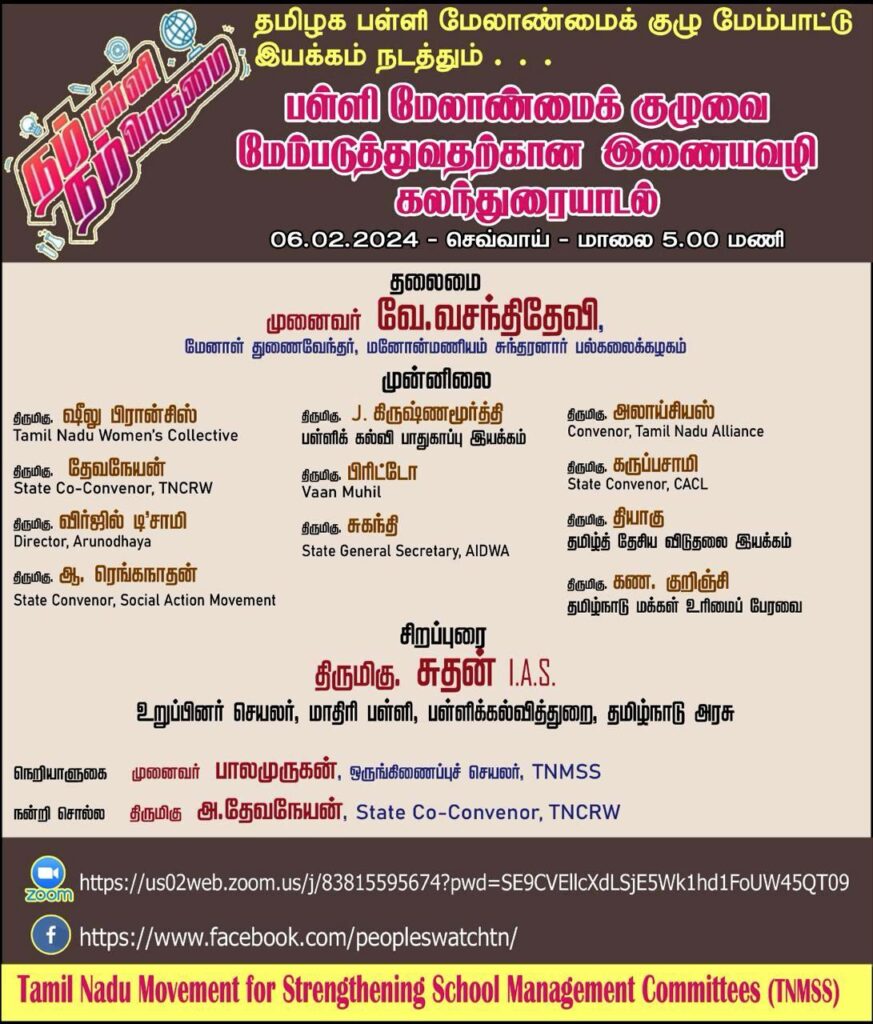- Strengthening Constituencies at district level (to address the issues of labour exploitation in Textile industry)
- Strengthening Govt Mechanism (on prevention and response to the issue of labour exploitation in Textile sector)
- Documentation and dissemination of information related to thematic areas
- Participation of CACCS in state and national efforts
- Post Card Campaign on Trafficking of Persons Bill
With the CACCS partners and other CSOs at district level, the Campaign was able to strengthen the CSO coordination in nine districts in 2019. The CSO coordination at district level that was established by CACCS earlier, was very useful to take up the State level campaign on Trafficking of Persons Bill throughout the state. Most of the partners have been very active in the post card campaign on the Trafficking of Persons Bill, which was passed in the Lok Sabha in July 2018 but waiting for the approval of the Rajya Sabha for quite some time. CACCS partners were keeping up the momentum in at least twelve districts. Totally 15 NGO partners in the twelve districts were actively involved in the campaign and collected 29,500 post cards across the state, besides nearly 5000 letters were dispatched to the Raja Sabha MPs, seeking their support for the passage of the Bill.
- Press Meets on TOP Bill at district level
Press meets on TOP Bill were organized in five districts on the post card campaign with the help of CACCS partners, under the banner of CACCS. Each of the lead partners in the districts took efforts to organize the press meets in the and the collected post cards in each district were displayed in front of the media persons during the press meets so as to impress the policy makers and the public that various stakeholders at different level are involved in the Campaign and to send a message to the policy makers that communities at the grassroots level demand the passage of the TOP Bill. Detailed press notes were prepared by the Secretariat for the press meets to explain to the media persons on the dynamics of the post card campaign and the need for a comprehensive legislation to address the issue of trafficking.
- Awareness on the TOP Bill among college and school students in the districts
The CACCS partners took efforts to reach out College and school students in twelve districts and involve the student community in the post card campaign on the TOP Bill. At least 5000 students have been involved in the post card campaign on the TOP Bill. Inputs were given to the students as to why the campaign demands for early passage of the TOP Bill. Handbills were prepared on the salient features of the TOP Bill and a small explanation on the need for the passage of the Bill in the Rajya Sabha, were widely distributed among the students during the post card campaign.
- Sensitization to CSOs, Trade Union leaders and other stakeholders in the districts
Efforts were taken by the campaign partners at the district level to sensitize the Civil Society organizations, Trade Unions, Women groups and community leaders, explaining to them about the key provisions of the TOP Bill and how trafficking issue would be meaningfully addressed and crimes of Trafficking could be reduced considerably, if a comprehensive bill of this sort becomes a legislation in today’s context.
- State level Public Hearing in Chennai
As part of strengthening the Govt mechanism in prevention and response system to the issue of exploitation, Campaign Against Camp Coolie System, took the lead in assisting the State Women Commission to organize the one day state level Public Hearing on the safety of young women workers in Textile sector, in Chennai on 23rd October 2018. The Public Hearing was the major event that CACCS was actively involved in, along with its partners.
- Cases Deposed before the Jury Panel
A total of 41 cases were collected and compiled by the NGO partners from districts across the State. The cases include different types of violations, related to deaths and accidents inside the mills and non payment of wages and PF and ESI by the mill management. Though the number of cases related to PF and ESI was more, there was fair number of cases related to deaths and accidents inside the mills. Summons were sent to the Labour Department officials at district level and the Labour Directors, as the state officials are responsible to the implementation of labour laws in the entire State. The Mill management and the District Officials explained to the Jury Panel and the audience / victims about what they had taken in the specific case in which their mills were respondents in case of deaths and accidents.
- Documentation Unit
With the functioning of documentation unit in the Secretariat, CACCS was able to collect information related to thematic focus and could disseminate the same among the partners and other NGO members. Thanks to the documentation unit, CACCS was able to send materials immediately for post card campaign to all partners and translated contents to all MPs of Trafficking of Persons Bill. Subscription of magazines and dailies and classification of articles and analyses on labour rights and other related topics continues.
- Distribution of Posters to all Partners, NGOs and other stakeholders
The three sets of posters that were published on TOP Bill, Child Labour and SDGs, were distributed to the partners and NGOs in Tamil Nadu. The posters on SDGs were in great demand and CACCS was able to reach out many and the posters were well received by the partners. Besides NGOs, who have been associated with the Campaign, other stakeholders, particularly colleges also received the posters and made use of it.

